Categories
The latest content
-

How Iranian Rice Cultivation and Harvesting Is Interwoven with Tradition and Culture in Gilan Province
..
-
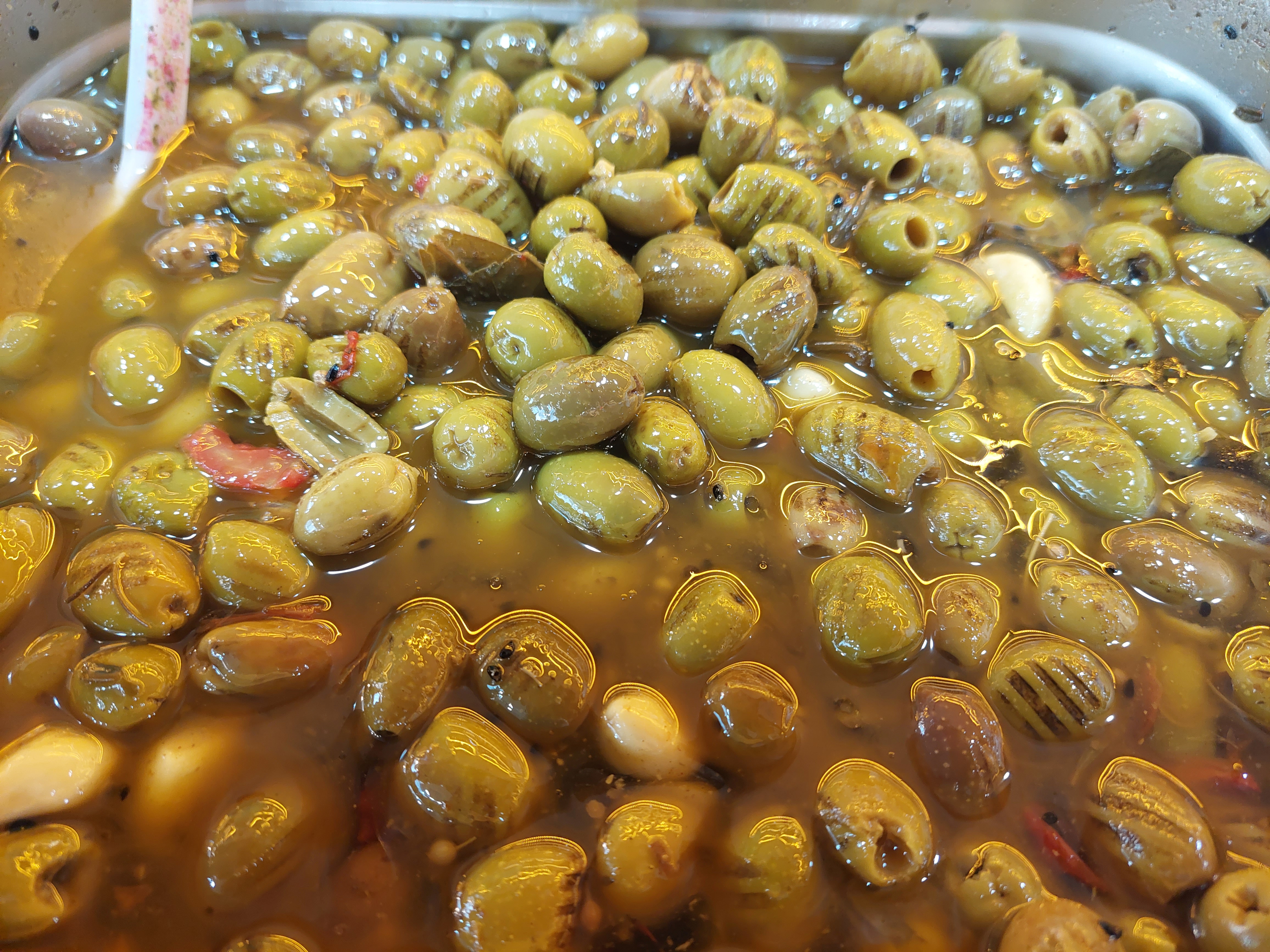
Iranian Grilled Olives (Zeytoon Kababi): A Unique Culinary Treasure from Rudbar
..
-
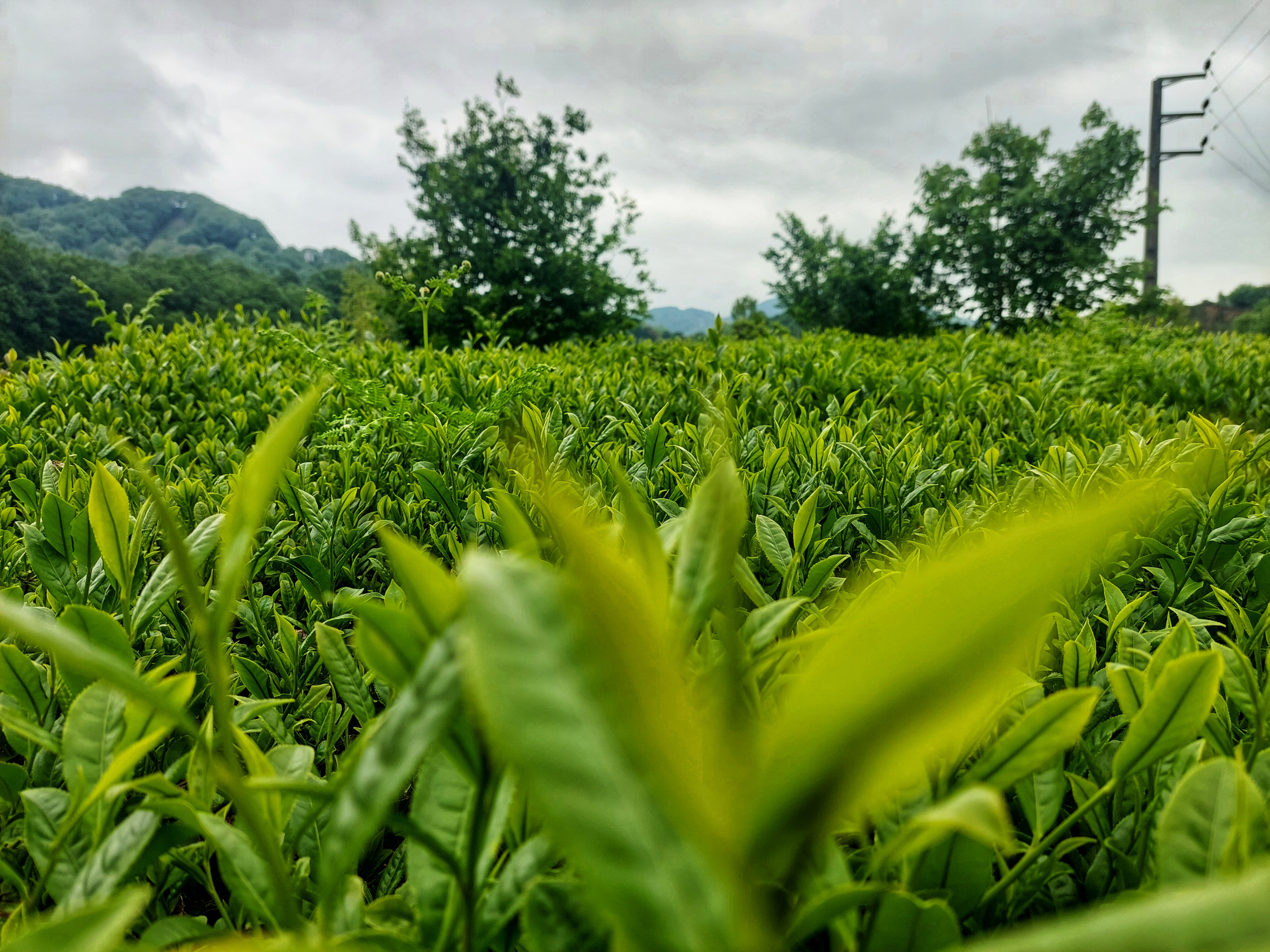
: Wholesale Price and Market Trends of Iranian Tea in Germany (2025 Guide)
..
-
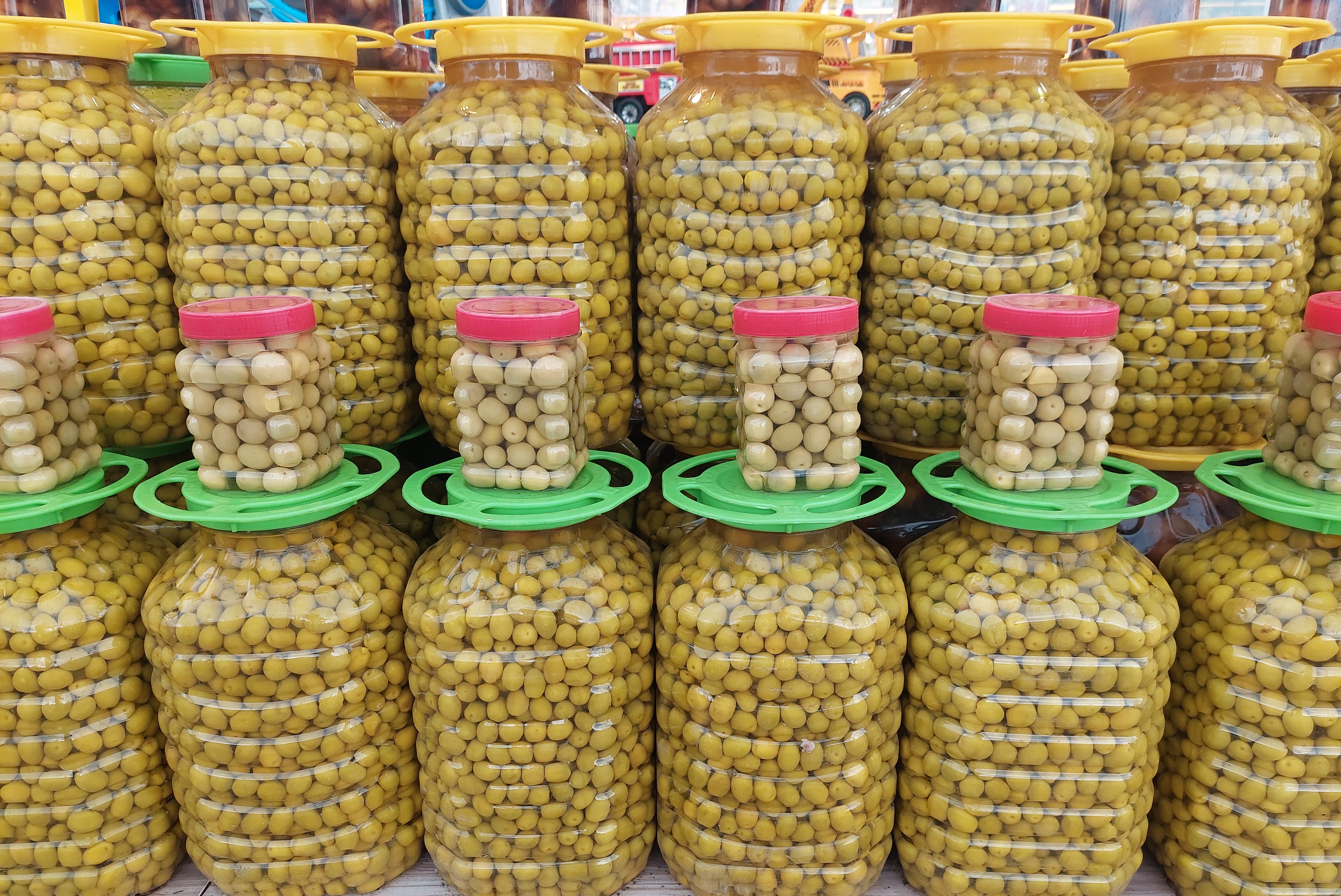
Exploring the Middle Eastern Market; Top Destinations for Iranian Olive and Olive Oil Exports in 2025
..
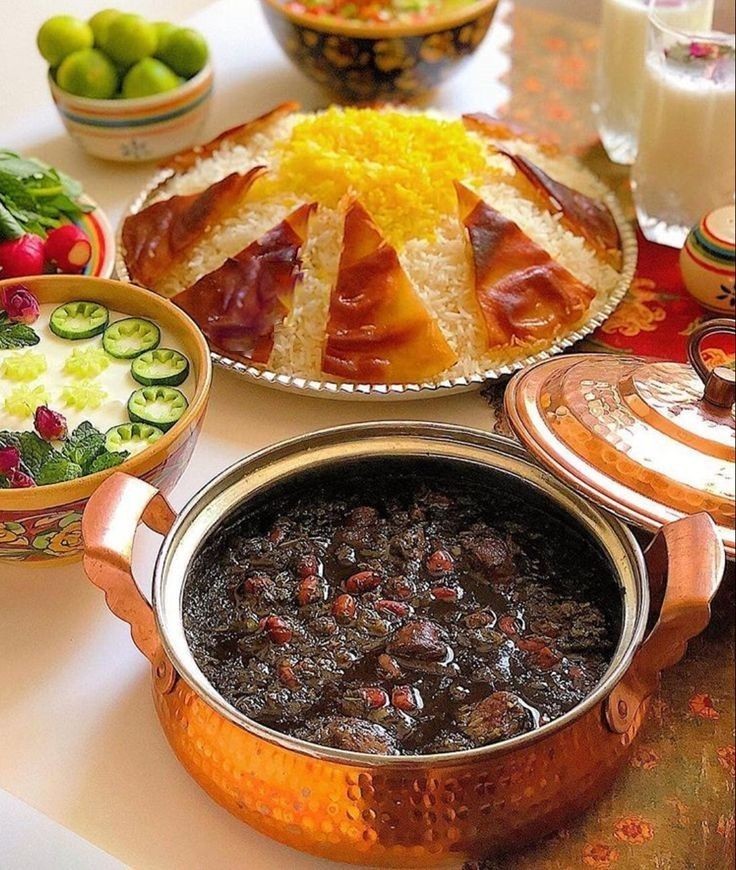
Tags
Iranian Pistachios in the German Market: A Deep Dive into Trends, Consumer Behavior, and Wholesale Pricing
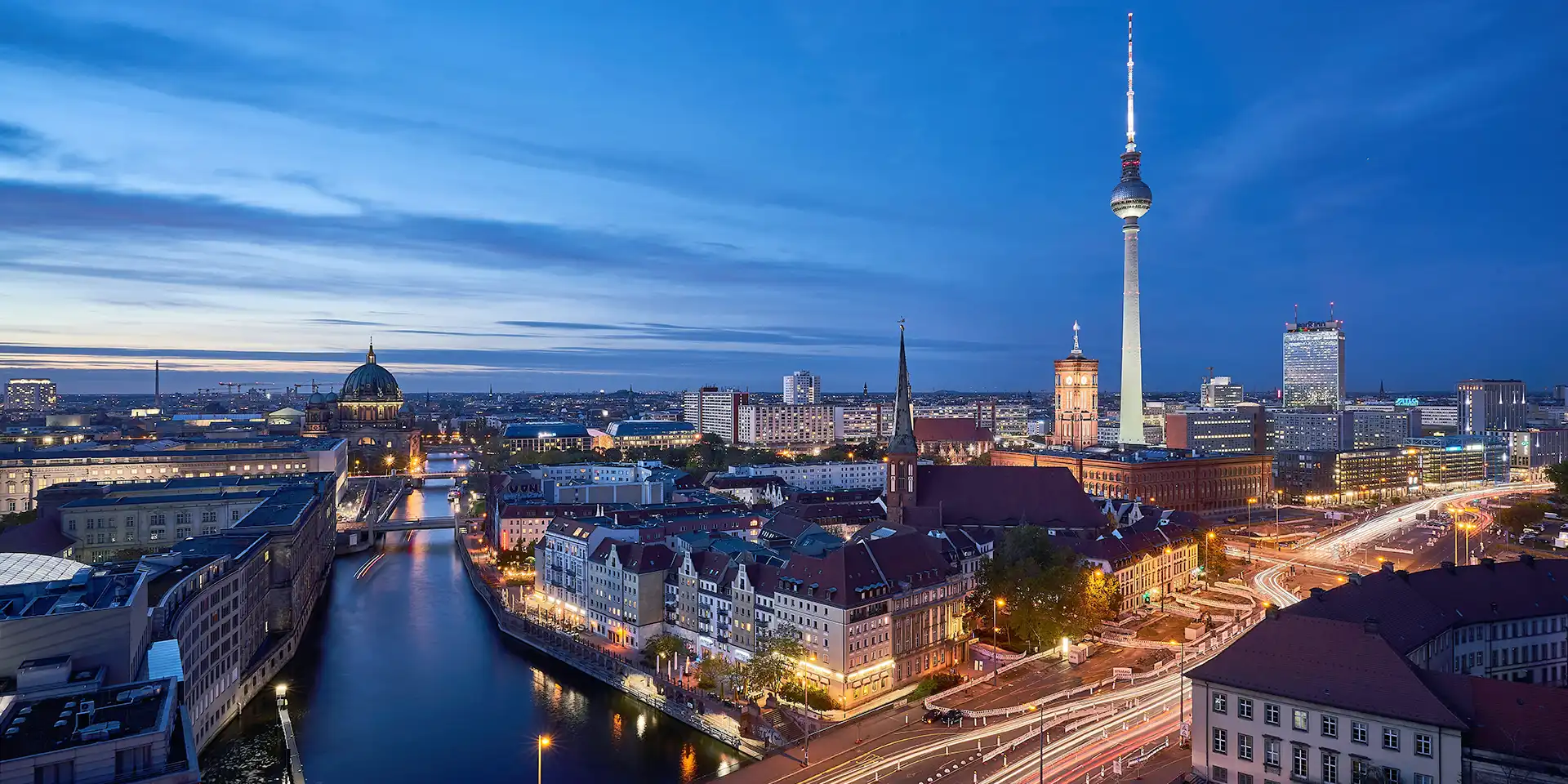
Germany has long been recognized as one of the largest and most dynamic markets for pistachio consumption in Europe. As a central hub for both direct consumption and distribution to neighboring EU countries, Germany offers lucrative opportunities for pistachio exporters — especially those from Iran, the traditional home of premium pistachios.
Despite stiff competition from other producing countries, particularly the United States, Iranian pistachios continue to maintain a solid footprint in the German market, thanks to their distinct flavor, natural cultivation methods, and long-standing reputation for quality.
Market Trends in Germany
1. Growing Demand for Premium Pistachios
In recent years, German importers and consumers have shown an increasing preference for high-end pistachios with rich flavor, natural appearance, and traditional drying methods — all qualities that Iranian pistachios are known for. While U.S. pistachios are often mechanically processed and uniformly shaped, Iranian pistachios retain their natural look and come in diverse varieties, including Akbari, Ahmad Aghaei, Fandoghi, and Kaleghouchi.
2. Rising Imports of Shelled Pistachios
Data from early 2024 reveals that Germany’s imports of shelled Iranian pistachios rose by 26% year-on-year. This signals a broader European shift toward ready-to-use and convenience-friendly nut products. Shelled pistachios are widely used in baking, ice cream, vegan cheese, energy bars, and luxury confectionery items.
3. Organic and Clean-Label Demand
Consumers in Germany are also gravitating toward organic-certified, pesticide-free, and aflatoxin-safe pistachios. Iranian exporters who can ensure compliance with EU standards and provide necessary certifications are in a strong position to gain long-term buyers in Germany’s organic and health food sectors.
Consumer Preferences in Germany
German consumers are highly discerning and quality-focused, especially when it comes to nuts. Preferences include:
• Flavor: Iranian pistachios are often described as more flavorful and aromatic compared to U.S. or Turkish varieties.
• Texture & Size: Large-sized varieties like Akbari are perceived as luxury items and are popular in premium snack packs.
• Packaging: Eco-friendly, resealable, and minimalistic packaging appeals strongly to German buyers.
• Health Benefits: Pistachios are marketed as protein-rich, heart-healthy, and antioxidant-packed snacks. This aligns well with Germany’s booming health & wellness trend.
Furthermore, pistachios are increasingly used in plant-based diets and vegan cooking, which has seen a sharp rise in Germany — Europe’s largest market for vegan foods.
Wholesale Pricing of Iranian Pistachios in Germany
Iranian pistachios are competitively priced in comparison to American and European alternatives, especially when bought in bulk. Current average wholesale prices in the German market for Iranian pistachios are:
1. Akbari (Super Jumbo), CIF Price: 11,800$ - 12,500$/Ton, MOQ: +10 MT
2. Ahmad Aghaei, CIF Price: 10,000$ - 11,000$/Ton, MOQ: +10 MT
3. Fandoghi, CIF Price: 9,000$ - 10,000$/Ton, MOQ: +10 MT
According to recent export reports, Germany pays one of the highest average prices per kg among all European destinations, sometimes reaching up to $13.11 per kg for top-quality shipments.
The price is influenced by several factors:
• Crop yield in Iran (which varies due to water conditions and frost)
• Global demand
• Exchange rate fluctuations (Iranian rial vs euro/dollar)
• Sanctions and trade policy
• Certification and freight costs
Key Challenges in the German Market
Despite opportunities, exporters must navigate several challenges:
• EU Sanitary Regulations: Iranian pistachios must meet strict limits on aflatoxins and pesticide residues.
• Logistical Complexities: Shipping from Iran to Germany can be affected by political instability or international sanctions.
• Brand Trust: German consumers rely heavily on certified brands and traceability. Transparency is key.
• Competition from the USA and Turkey: Iranian pistachios must be differentiated by storytelling, traditional farming practices, and richer flavor.
Strategic Opportunities for Iranian Exporters
• Branding Around Authenticity: Emphasize Iran’s centuries-old pistachio farming traditions and the unique taste profiles of each variety.
• Value-Added Products: Roasted, salted, lemon-flavored, or saffron-coated pistachios have strong appeal in Germany’s gourmet snack market.
• Direct-to-Consumer Channels: Online marketplaces in Germany are growing rapidly, opening up direct sales options for exporters who can manage small-batch shipping and fulfillment.
• Participation in German Food Fairs: Events like ANUGA or BIOFACH provide visibility to meet wholesale and retail buyers.
Final Thoughts
Germany remains a key gateway to the European market for Iranian pistachio exporters. With consistent quality control, compliance with EU food safety standards, and innovative marketing, Iranian pistachios can continue to thrive in Germany. The market rewards authenticity, quality, and transparency — and Iranian pistachios are uniquely positioned to meet these demands.
Are you a wholesaler or food company in Germany seeking premium Iranian pistachios?
At Tamila Agrifood, we specialize in high-grade pistachio exports tailored for the European market.
Contact us today to receive a customized quote and discover how we can support your supply chain.



